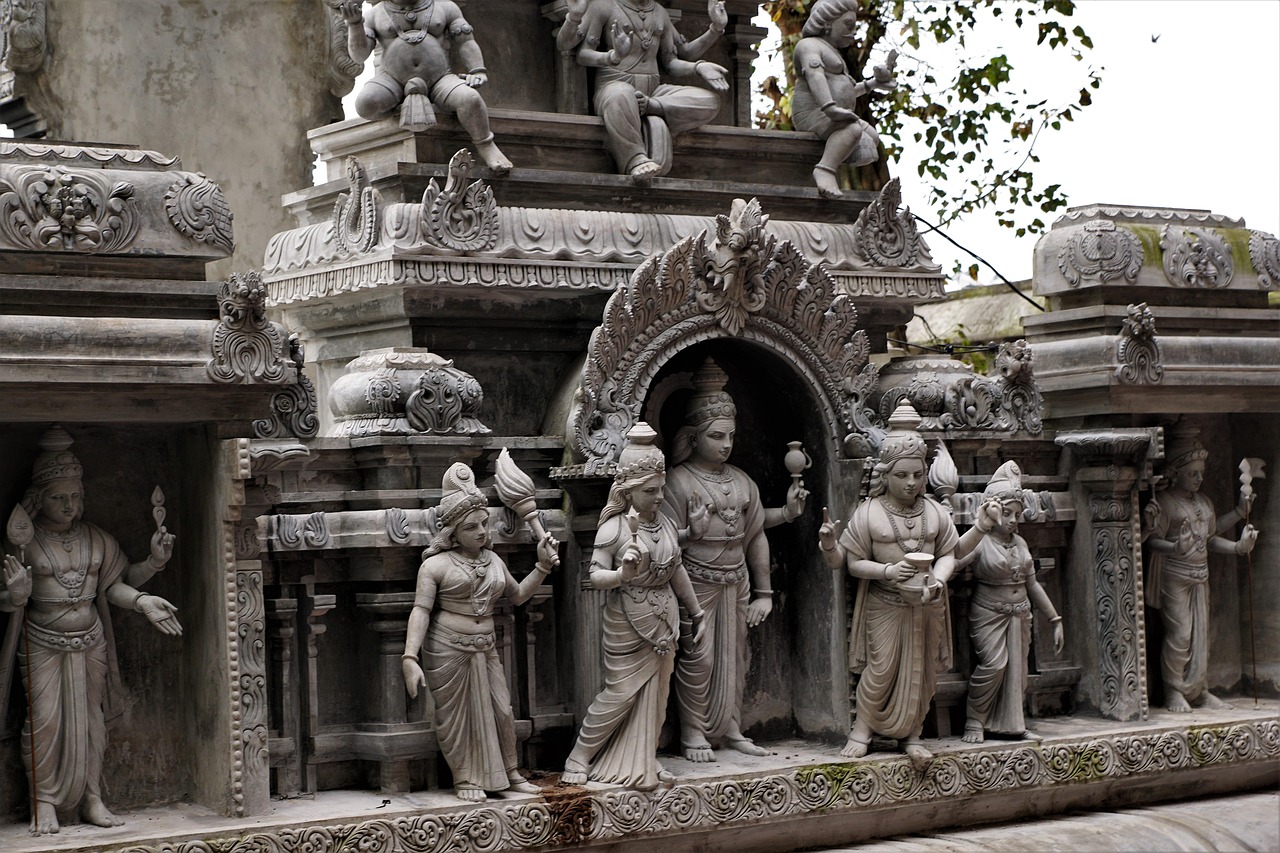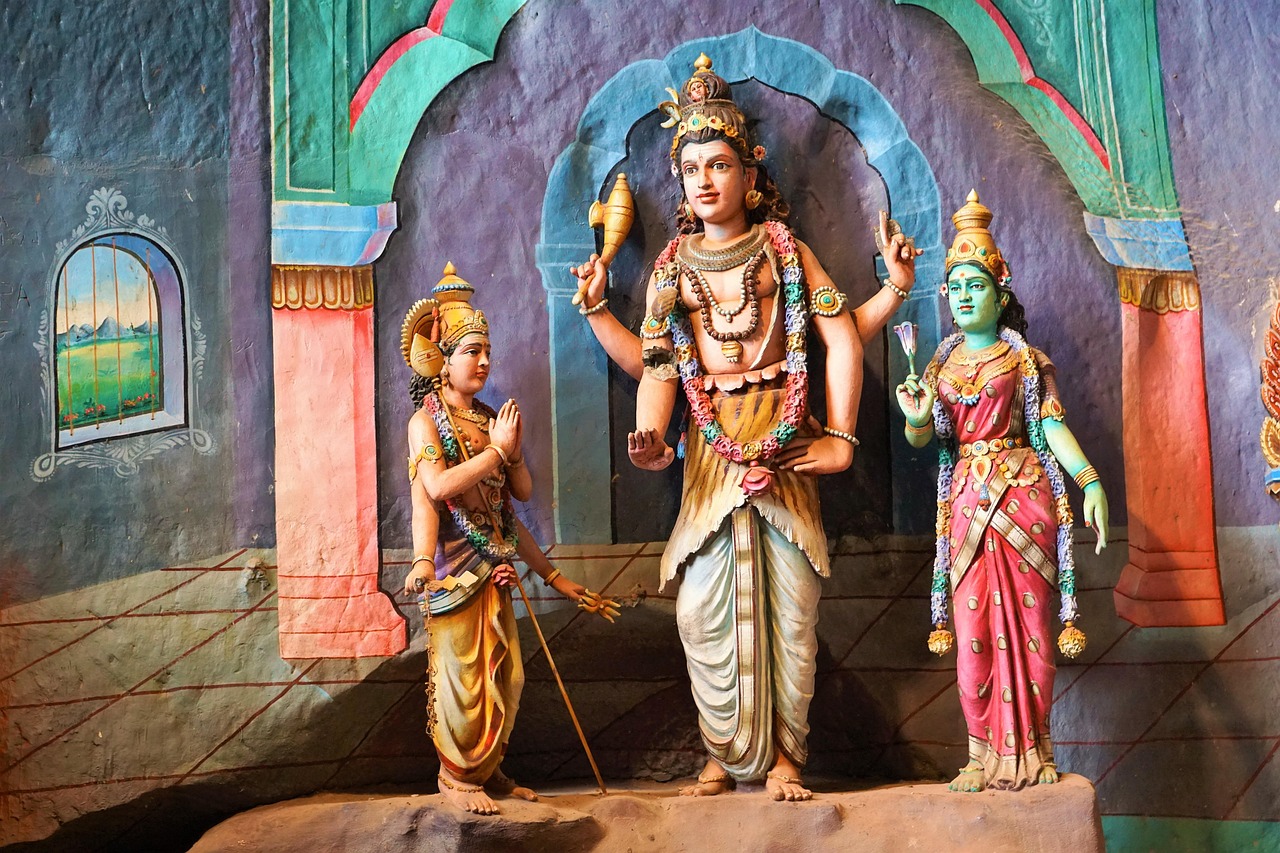Exploring the Enchanting Beauty of the Philippines: A Traveler’s Guide
The Philippines, an archipelago of more than 7,000 islands, is a tropical paradise that offers stunning landscapes, vibrant culture, and a plethora of adventures. Whether you’re traveling from Saudi Arabia or any other part of the world, the Philippines promises an unforgettable journey filled with joyous experiences. This guide delves into the intricacies of traveling to the Philippines, including travel time, insurance, and top attractions.
Traveling from Saudi Arabia to the Philippines
For travelers planning a journey from Saudi Arabia to the Philippines, understanding the travel time and logistics is crucial. The average flight time from Riyadh to Manila is approximately 9 hours, depending on the airline and layovers. Direct flights are available from major Saudi cities like Riyadh, Jeddah, and Dammam, making the Philippines easily accessible.
Upon arrival, the Ninoy Aquino International Airport in Manila serves as the primary gateway to the rest of the country. It’s advisable to plan your itinerary in advance and consider domestic flights for island hopping, as distances within the archipelago can be substantial.
The Importance of Travel Insurance
Before embarking on your journey, securing travel insurance is a wise decision. Travel insurance provides a safety net against unforeseen events such as medical emergencies, flight cancellations, and lost luggage. Given the diverse and adventurous nature of activities in the Philippines, having comprehensive coverage ensures peace of mind.

When selecting travel insurance, consider factors like the type of activities you plan to engage in, the length of your stay, and any pre-existing medical conditions. It’s also beneficial to choose a policy that offers 24/7 assistance, ensuring help is available whenever needed.
Top Destinations to Visit in the Philippines
The Philippines is a treasure trove of breathtaking destinations, each offering unique experiences. Here are some must-visit spots:
Boracay Island
Famed for its powdery white sand beaches and vibrant nightlife, Boracay is a top destination for beach lovers. Activities such as snorkeling, scuba diving, and kite surfing abound, providing endless opportunities for fun and relaxation.
Palawan
Known as the last ecological frontier of the Philippines, Palawan boasts stunning natural beauty. The Puerto Princesa Subterranean River National Park, a UNESCO World Heritage Site, is a must-see, along with the crystal-clear waters and limestone cliffs of El Nido and Coron.
Cebu
Cebu is a melting pot of history, culture, and adventure. Explore the historical sites of Cebu City, swim with the gentle giants in Oslob, or bask in the beauty of Kawasan Falls. Cebu serves as a hub for both cultural exploration and natural wonders.
Batanes
For those seeking solitude and untouched landscapes, Batanes offers rolling hills, dramatic cliffs, and a serene environment. The province is known for its well-preserved culture and is a perfect destination for introspective travelers.

Embracing the Filipino Culture
Immersing yourself in the local culture is one of the most rewarding aspects of visiting the Philippines. Filipinos are known for their hospitality and warmth, often going out of their way to make visitors feel at home. Participating in local festivals, trying traditional Filipino cuisine, and learning a few basic phrases in Filipino can greatly enrich your travel experience.
Key festivals like the Sinulog in Cebu, Ati-Atihan in Kalibo, and Pahiyas in Lucban offer vibrant displays of culture, music, and dance. These events provide a glimpse into the rich traditions and joyful spirit of the Filipino people.
Tips for a Happy and Safe Travel Experience
To ensure a happy and safe travel experience in the Philippines, consider the following tips:
- Plan Ahead: Research and plan your itinerary, keeping in mind the travel times between islands and the activities you wish to pursue.
- Stay Connected: Purchase a local SIM card or pocket Wi-Fi to stay connected with family and access maps and travel apps.
- Respect Local Customs: Be mindful of local customs and traditions, dress appropriately, and ask for permission before taking photos of people and their homes.
- Stay Hydrated and Sun-protected: The tropical climate can be intense, so drink plenty of water and use sunscreen to protect yourself from the sun.
Takeaways

The Philippines is a destination like no other, offering a harmonious blend of natural beauty, cultural richness, and adventure. Whether you’re exploring its pristine beaches, engaging with its friendly locals, or savoring its culinary delights, the Philippines promises a journey filled with happiness and unforgettable memories. With proper planning, travel insurance, and an open heart, your adventure in this Southeast Asian gem will surely be one for the books.
Getting Around the Philippines
Once you’ve arrived in the Philippines, understanding the local transportation options can greatly enhance your travel experience. The country offers a variety of modes of transport, each providing a unique way to explore the islands.
Domestic Flights
Given the archipelagic nature of the Philippines, domestic flights are a popular choice for long-distance travel between islands. Major airlines like Philippine Airlines, Cebu Pacific, and AirAsia provide extensive coverage, connecting major cities and tourist hotspots. Booking flights in advance can help secure the best rates and convenient schedules.
Ferries and Boats
For a more scenic journey, ferries and boats serve as an alternative means to navigate through the islands. Companies such as 2GO Travel offer ferry services connecting Luzon, Visayas, and Mindanao. While slower than flying, ferries provide a unique perspective of the country’s coastlines and are often a memorable part of the adventure.
Public Transport
Within cities and towns, jeepneys and tricycles are the quintessential modes of public transport. Jeepneys, known for their vibrant designs and affordability, are a cultural icon. Tricycles, which are motorbikes with sidecars, offer a quick and flexible way to navigate around smaller areas. While these options are budget-friendly, it’s important to agree on a fare with the driver before your journey.

Car Rentals
For those who prefer flexibility and convenience, renting a car can be an excellent option. International car rental services are available at major airports and cities. However, driving in the Philippines can be challenging due to traffic congestion and road conditions, so travelers should be cautious and prepared.
Accommodation Options
The Philippines offers a wide range of accommodation options to suit every budget and preference. Whether you’re seeking luxury or simply a place to rest your head, you’ll find something that fits your needs.
Luxury Resorts
For a lavish experience, the Philippines boasts numerous world-class resorts, particularly in areas like Boracay, Palawan, and Cebu. These resorts offer top-notch amenities, private beaches, and exceptional service, providing a perfect setting for relaxation and indulgence.
Mid-range Hotels
Mid-range hotels are abundant in urban areas and popular tourist spots. These accommodations typically provide comfortable amenities and good service at a reasonable price. They are a great choice for travelers seeking comfort without the high cost of luxury resorts.
Budget Hostels and Inns
For backpackers and budget-conscious travelers, hostels and inns offer affordable lodging options. These establishments often provide opportunities to meet fellow travelers and share experiences, adding a social element to your stay.
Unique Stays

For something different, consider staying in a traditional nipa hut, a homestay, or an eco-lodge. These unique accommodations offer a chance to immerse yourself in local culture and the natural environment, providing a memorable experience that goes beyond typical hotel stays.
Travel Etiquette and Safety
While the Philippines is known for its welcoming nature, understanding local etiquette and safety practices ensures a respectful and secure travel experience.
Etiquette Tips
Showing respect for local customs and traditions is important. When entering someone’s home, it’s customary to remove your shoes. Using “po” and “opo” in conversations shows respect, especially when speaking to elders. Additionally, modest dress is appreciated in rural areas and religious sites.
Safety Precautions
Safety is generally good in the Philippines, with friendly locals willing to assist travelers. However, it’s wise to take standard precautions, such as safeguarding your belongings, avoiding isolated areas at night, and staying informed about local advisories. For those venturing into remote areas, it’s advisable to inform someone of your travel plans.
Conclusion: Your Philippine Adventure Awaits
From the moment you set foot in the Philippines, the warmth of its people and the beauty of its landscapes will captivate you. Whether you’re exploring bustling cities, lounging on idyllic beaches, or trekking through lush mountains, each experience promises joy and discovery. As you plan your journey, remember that the heart of travel lies not just in the destinations, but in the stories and memories you create along the way. With this guide and a spirit of adventure, your trip to the Philippines is sure to be an extraordinary chapter in your travel chronicles.

